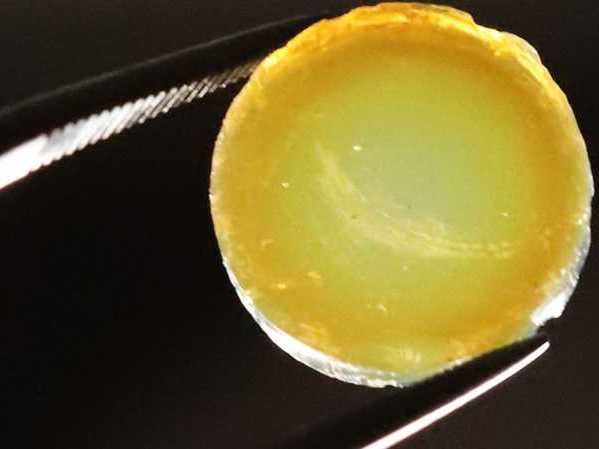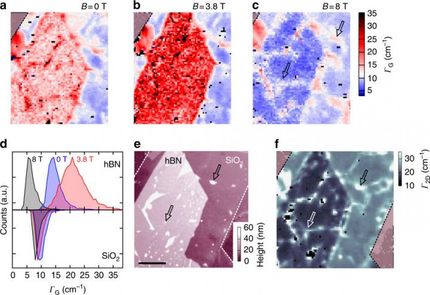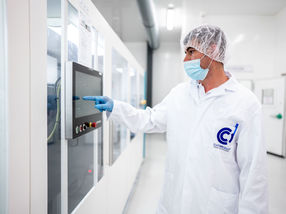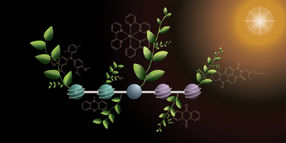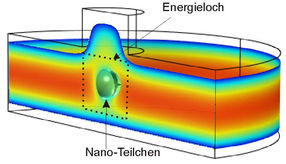Europe at the cutting edge of nanotechnology development
Advertisement
Policy-makers, scientists and industrialists came together in Braga, Portugal to discuss the future of nanotechnology research in Europe. According to the European Commission, this comes at a positive time for European nanotechnology, with the public-private research partnerships for nanoelectronics and embedded systems close to becoming a reality, the European Commission identified as being the single largest investor in nanotechnology research, and a recently-completed public consultation on the principles for responsible nanotechnology research. But it is important to maintain momentum if Europe is not to miss the opportunities to be offered by this exciting area of science and technology.
"These new public-private research partnerships are a real opportunity for Europe to take a vital step forward in the development of this exciting area of research, which is so important to our digital future," said Viviane Reding, EU Commissioner for Information Society and Media, at the High-Level Nanotechnologies Conference. "These technologies underpin so many applications, from fridges to airplanes that their importance will only continue to grow in the future. That's why Europe crucially needs to remain strong in these areas for our future prosperity."
"Nanosciences and nanotechnologies have the potential to drive growth and jobs in Europe, so it is our duty to make sure that they are developed in a positive, responsible way," said European Science and Research Commissioner Janez Potonik. "The possible applications of nanotechnology are huge and they have an important role to play in our future economic well-being and quality of life. So it is of the utmost importance that we get it right when it comes to their governance. This is why we will be issuing a recommendation on Code of Conduct for Responsible Nanosciences and Nanotechnologies Research, to promote safe and ethical research on nanotechnology and to pave the way for its effective and responsible application and use."
It is hoped that the Competitiveness Council, with research ministers from all Member States, will give the approval to 4 Joint Technology Initiatives, public-private partnerships to boost industrial research. Of these four, two - nanoelectronics (ENIAC) and embedded systems (ARTEMIS) will be very important for the development of the nanotechnology industry in Europe.
Most read news
Other news from the department politics & laws

Get the chemical industry in your inbox
By submitting this form you agree that LUMITOS AG will send you the newsletter(s) selected above by email. Your data will not be passed on to third parties. Your data will be stored and processed in accordance with our data protection regulations. LUMITOS may contact you by email for the purpose of advertising or market and opinion surveys. You can revoke your consent at any time without giving reasons to LUMITOS AG, Ernst-Augustin-Str. 2, 12489 Berlin, Germany or by e-mail at revoke@lumitos.com with effect for the future. In addition, each email contains a link to unsubscribe from the corresponding newsletter.
Most read news
More news from our other portals
Last viewed contents
High-resolution measurement of photocurrents
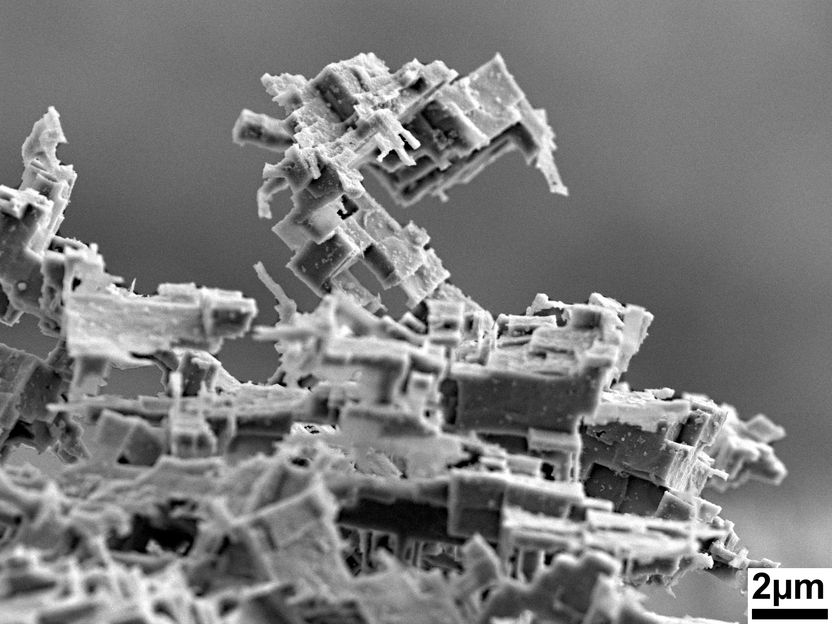
Joining metals without welding - Prototype for new connection technology
Great Lakes Chemical Eliminates Price Protection For Flame Retardants And Brominated Performance Products
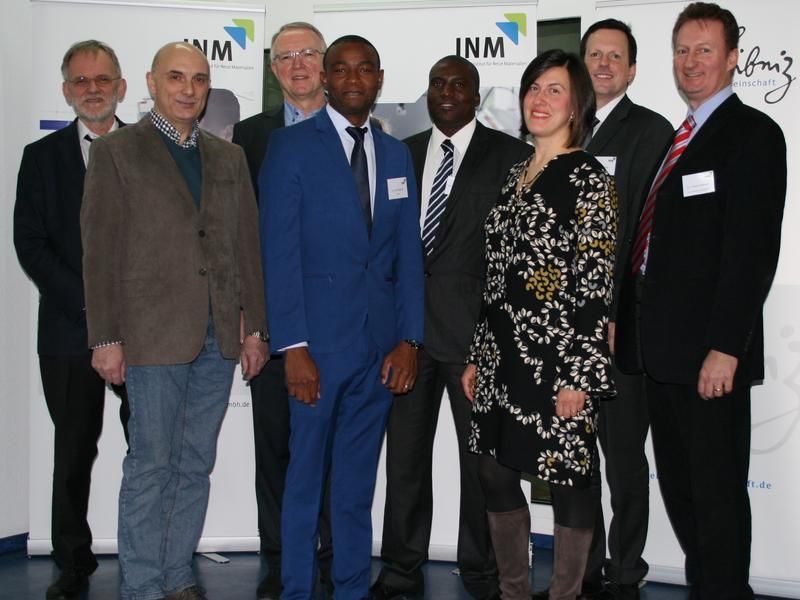
Cooperation with Namibia underway - Natural resources as a basis for new materials
Expanded compounding activities: Polymer Group aims for the 200,000 tonnes mark - Based on its record of continuous growth, the Polymer Group s aiming for an overall compounding volume of 200,000 MT/a for the first time ever in 2009
Asset swap between Wintershall and Statoil completed - Oil and gas production in Norway rises from around 3,000 barrels to almost 40,000 barrels of oil equivalent (boe) per day

New clues help explain why PFAS chemicals resist remediation - Work suggests new avenues for cleaning up these 'forever chemicals'
New method for art restoration using low toxicity ionic liquids
Sika acquires Duochem Inc. in Canada
Cocktail achieves superconducting boost - Scientists have now developed a high-performance material by mixing iron and selenium

Deutsches Elektronen-Synchrotron DESY - Hamburg, Germany
